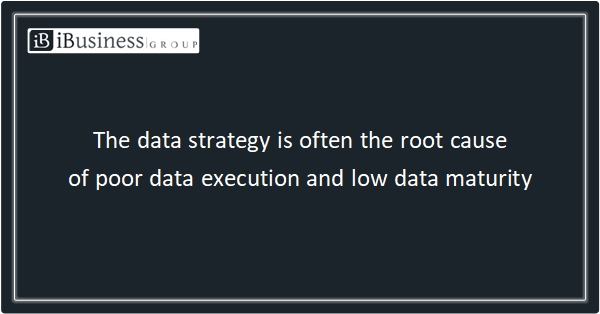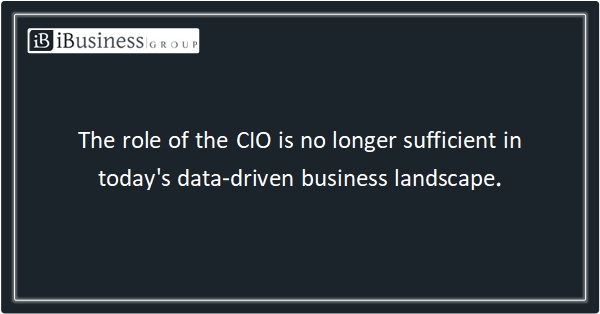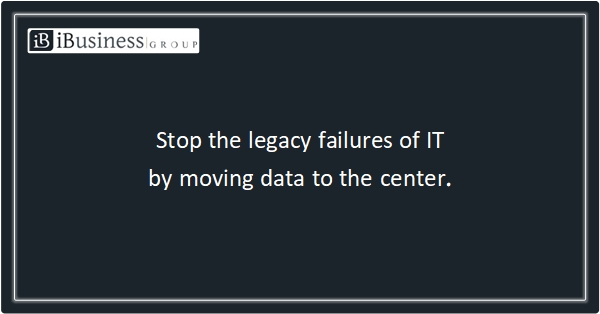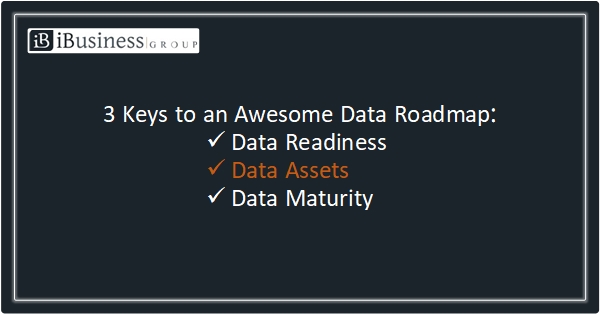I admit it. I am a recovering data strategist, guilty of creating data strategies. But, I have changed my ways and will never again create a data strategy because that is the last thing any organization needs that is trying to achieve data readiness and data maturity. Let me explain.
Let's start with a definition of "strategy" as it used in business today. A strategy
- is a high-level plan or approach designed to achieve a specific set of objectives or goals
- outlines the overall direction and scope of the business and provides guidance on how the organization will allocate its resources to achieve its desired outcomes
- involves making choices about what markets to enter, what products or services to offer, how to differentiate from competitors, and how to create value for customers
- typically involves analyzing the internal and external environment, identifying opportunities and challenges, and formulating a plan to leverage strengths and mitigate weaknesses
- sets the framework for decision-making and guides the allocation of resources.
I particularly like that last one.
If this is our working definition of strategy, then the last thing your organization needs is a data strategy, with its own set of objectives and goals, its own desired outcomes, and its own framework for decision-making. Let's be honest, a lot of companies struggling to achieve data readiness, data maturity, and effective data execution have robust data strategies, and yet they continue to struggle.
So, what's the answer? Let's start by defining another word. A "roadmap"
- is a tactical and operational plan that outlines the specific steps, milestones, and activities required to implement the strategy
- provides a detailed timeline and sequencing of actions needed to achieve the strategic objectives
- breaks down the strategy into actionable initiatives and projects, highlighting key deliverables, dependencies, and resource requirements
- helps in aligning various teams, departments, or stakeholders involved in executing the strategy, providing a clear plan of action and enabling effective coordination
Again, I really like that last one.
From a data leadership perspective, what your organization needs is a data roadmap, not a data strategy. There is just one strategy in your organization to drive data forward and that is the business strategy, focused on external opportunities and challenges, creating and maintaining competitive advantage, creating world-class customer experiences, and allocating the internal resources to make this happen. From this strategy we derive our priorities, direction, and investments for data. In other words, data does not have the privilege of having its own strategy, but data should have a roadmap that shows how we will align teams, departments, stakeholders, and data across the silos to the business strategy and provides a clear plan of action and coordination in realizing the business strategy.
You might say I'm mincing terms, but I would argue that words really do matter. If we create a data strategy, we run the risk of data being driven bottom-up, and a bottom-up data strategy is often the root cause of poor data execution and low data maturity at many organizations. If we start with our customer journey and our business strategy to create a data roadmap that breaks down that strategy into actionable initiatives around data governance, data products, data technologies , and executable data projects, the solutions to poor data execution and low data maturity actually begin to surface quickly and clearly.
Just one example of the clarity and leadership this provides is the opportunity to begin thinking and talking about data with a different set of paradigms, including:
| From... | To... |
| Organization-centric focus | Customer-first focus |
| Data/IT/Technology-led | Business-led |
| Governing data | Enabling data |
| Data management starts at the data lake | Data management starts at the source system |
| Application-centric architecture | Data domain-centric architecture |
| Project-centric org/op model | Product-centric org/op model |
| Data as an enabler | Data as a business asset |
Words really do matter, but even more importantly, our paradigm, our thinking, and our approach toward data really do matter. One of the easiest and quickest ways to reorientate our paradigm is for data to become customer-first, business-led, and derived from the business strategy. As a recovering data strategist, believe me when I tell you that this will make a positive difference.
Question: What and/or who drives your data priorities, initiatives, and direction, and how is that working for your business stakeholders? Leave a comment.





